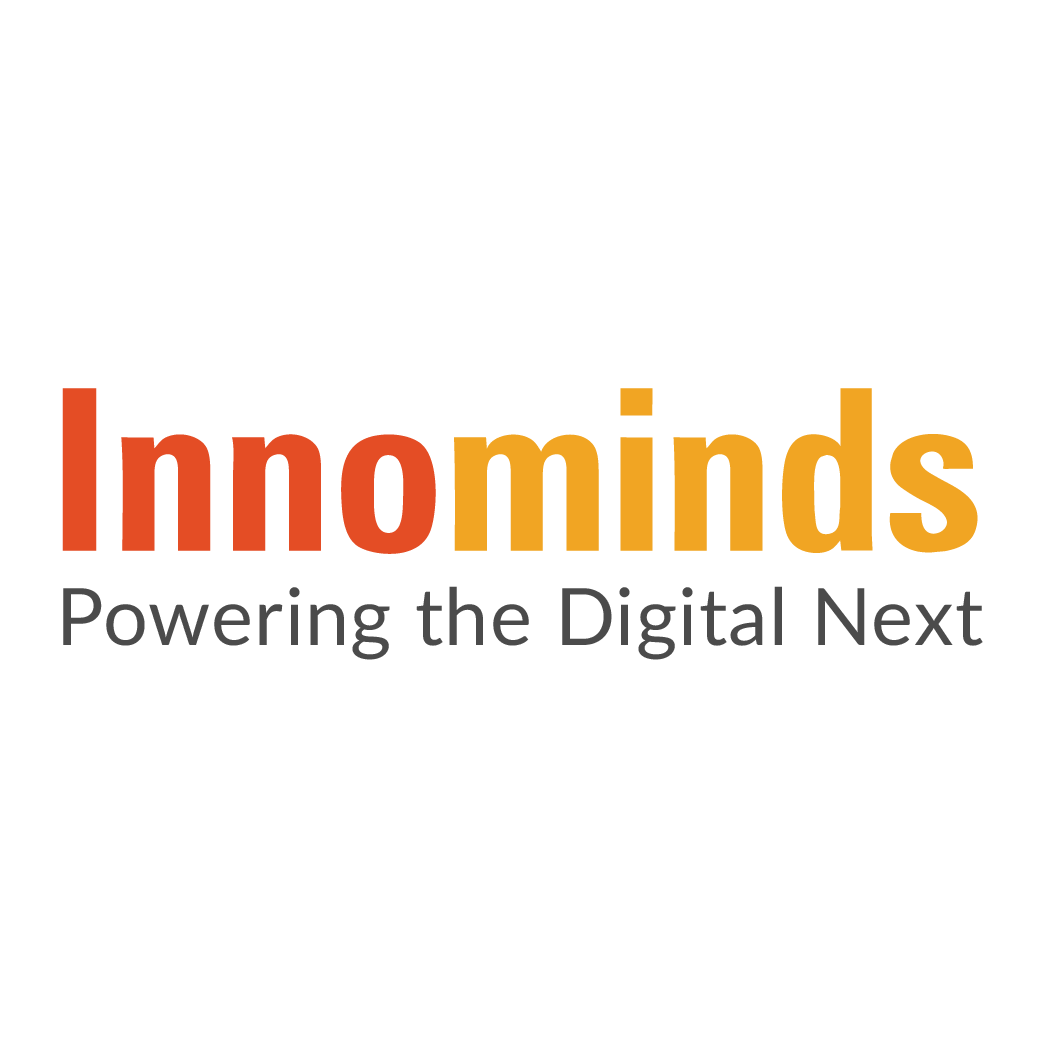
The healthcare industry is undergoing a significant transformation driven by smart, connected medical devices. These innovations, powered by IoT, AI, and cloud computing, enhance patient care, enable real-time monitoring, and optimize treatment processes. By leveraging predictive analytics and remote care capabilities, they ensure timely medical interventions, ultimately improving patient outcomes.
The Role of Smart, Connected Devices in Modern Healthcare
Smart medical devices integrate sensors, AI algorithms, and wireless connectivity to collect and analyze real-time health data. These devices enable physicians to provide proactive care, reduce dependency on in-person monitoring, and address critical health situations with minimal delay. Their impact extends beyond conventional remote patient monitoring, introducing advanced solutions such as smart beds, remote cardiac monitoring, and smart pills.
Key Innovations in Smart Medical Devices
1. Smart Beds in ICUs
Smart beds are redefining critical care by ensuring continuous patient monitoring with minimal paramedic intervention. These beds leverage AI and IoT to track vital signs, adjust patient positioning, and trigger alerts for medical intervention when necessary. A crucial benefit is the ability to respond in the "golden minute," ensuring timely action during emergencies such as sudden blood pressure drops. Additionally, automated drug delivery mechanisms integrated into smart beds can provide immediate treatment, preventing further deterioration of a patient’s condition.
2. Remote Cardiac Monitoring
Devices such as connected pacemakers and wearable ECG monitors provide real-time cardiac data to healthcare professionals, allowing them to detect abnormalities early. This technology is particularly beneficial for patients with chronic conditions, reducing hospital readmissions and ensuring timely interventions.
3. Glucose Patches for Diabetics
Smart glucose patches continuously monitor blood sugar levels and adjust insulin delivery in real-time, eliminating the need for frequent finger-prick tests. These devices use AI-powered predictive analytics to prevent sudden spikes or drops in glucose levels, enhancing diabetes management.
4. Smart Pills and Nanotechnology
Smart pills, equipped with tiny sensors, monitor medication adherence and detect abnormalities in the digestive tract. These pills are replacing traditional endoscopic procedures, offering a less invasive and more efficient diagnostic method.
Addressing Cybersecurity and Data Privacy Challenges
While smart medical devices enhance healthcare, they also introduce cybersecurity risks. A compromised ICU system could lead to life-threatening situations if hackers manipulate device settings. Addressing these challenges requires:
- Robust encryption to protect patient data from cyber threats.
- Secure device authentication to prevent unauthorized access.
- Compliance with regulatory standards like HIPAA and FDA guidelines to ensure patient safety and data integrity.
The Future of Smart Healthcare
As medical devices continue to evolve, integrating AI-driven diagnostics, enhanced connectivity, and automated treatment responses will become the norm. Healthcare institutions must balance innovation with security, ensuring that these advancements improve patient care while mitigating cyber risks.
By focusing on real-world applications such as smart ICU beds, remote monitoring solutions, and secure medical device networks, the industry can drive meaningful change while ensuring patient safety and data protection.
Conclusion
Smart, connected medical devices are transforming healthcare by enabling real-time monitoring, improving diagnostics, personalizing treatment, and optimizing hospital operations. While challenges exist, ongoing technological advancements and regulatory developments will drive widespread adoption. As the industry evolves, these devices will play a crucial role in shaping the future of medicine.
To stay ahead in this rapidly evolving landscape, healthcare organizations must embrace innovation and invest in connected solutions. Contact us to learn how our expertise can help you navigate this transformation and unlock new opportunities in digital healthcare.




